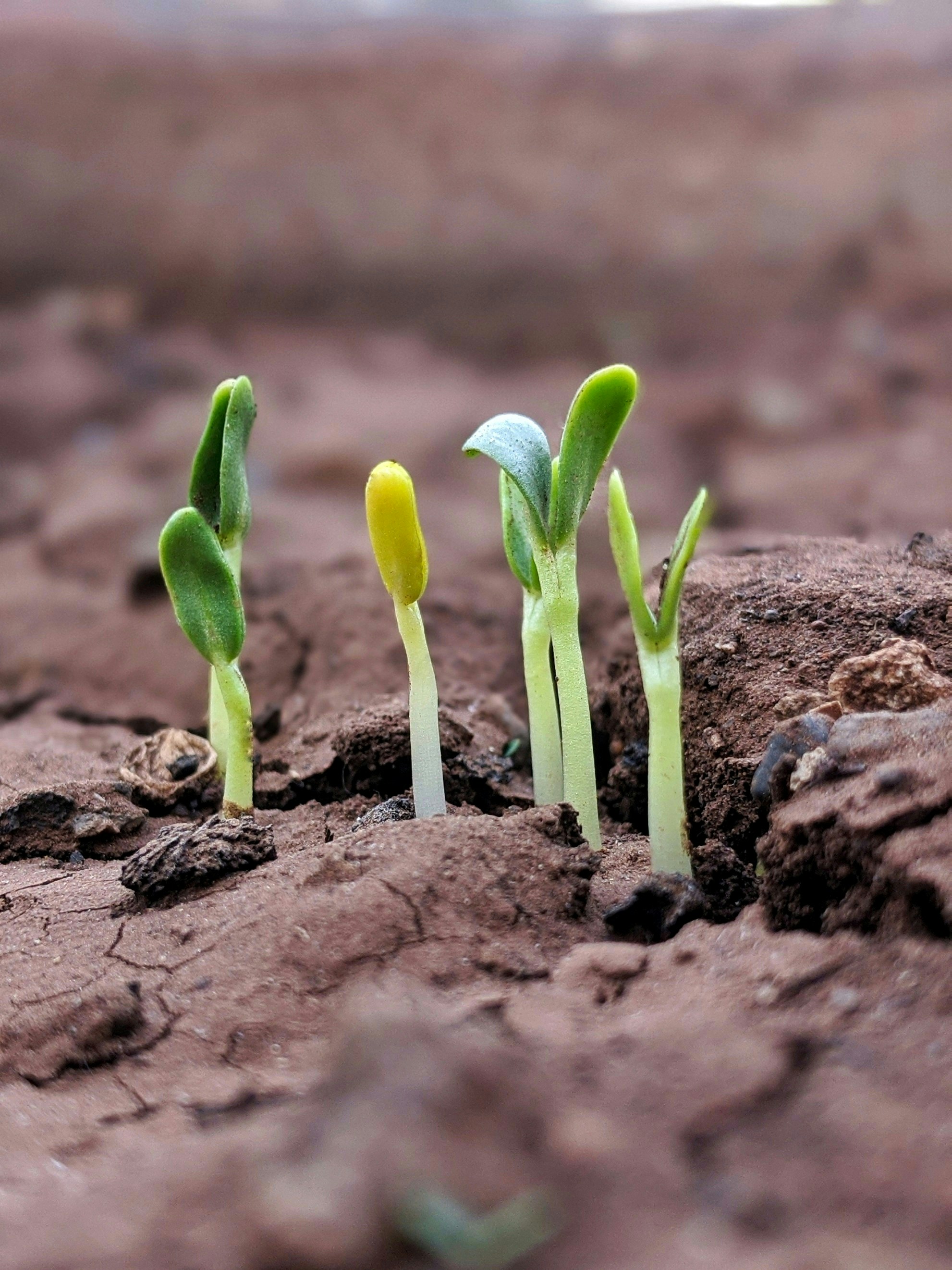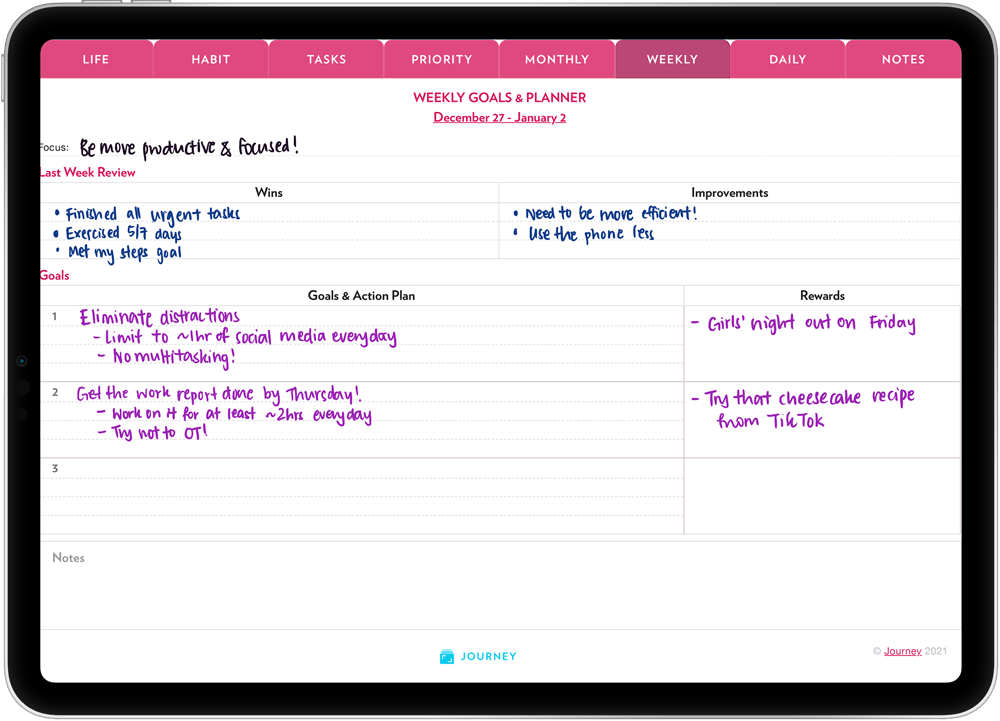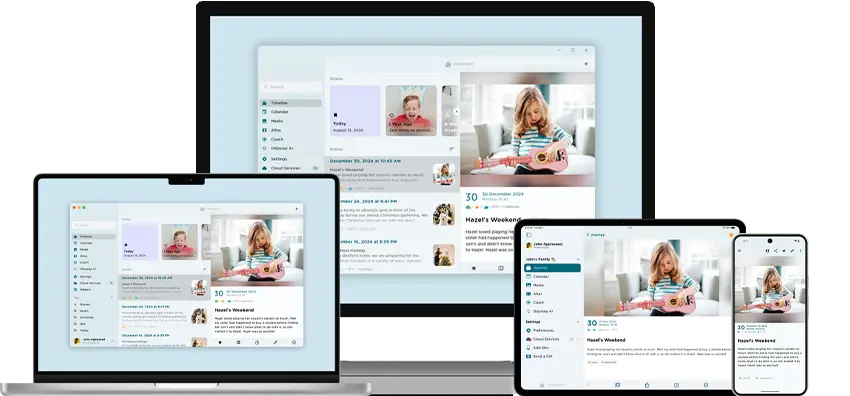Adopting a Growth Mindset - Why it is Important and How to Achieve it
We know what it feels like to be dejected and unmotivated in the face of setbacks. But what if we learn how to internalize these as the optimum spaces for growth and building resilience?

Could the way we think about ourselves and what we can achieve shape the way we lead our lives?
If we shift our thoughts, from feeling dejected and disappointed from a failure to feeling like we have the ability to learn from a setback and the capacity to overcome the next obstacle, could it have a positive effect on how we approach life?
The way we think and view our capabilities and talent has multiple effects on how we approach our life. It affects the way we feel, what we set our mind on achieving, whether we will ourselves to pick up new habits, and if we feel motivated to develop new skills. A "growth" mindset is a perspective that anyone can develop at any point in their lives. Approaching challenges and life with this mindset motivates and encourages you to adopt a positive outlook on setbacks and learning opportunities. We often gloss over how important it is to start with a foundational mindset to build fortitude and resilience within ourselves first, to be able to work past failures and come out the other side even stronger.
If you are looking to recalibrate and shift your focus to growth, read on to find out more about where you can start.

Photo by Chetan Kolte on Unsplash
What is a Growth Mindset?
After rounds of research with children about what triggers disappointment after setbacks or failures, or conversely motivates them to overcome these obstacles, Dr. Carol Dweck coined the term “growth mindset" and explained it to be the propensity for one to believe that they can grow and improve.
In her book "Mindset: The New Psychology of Success", she explains the difference between a "growth" mindset and a "fixed" mindset as well. While a “fixed mindset” pushes us to believe that abilities and intellect are supposed to be intrinsic and nature, a "growth mindset" is rooted in the belief that any such abilities can be expanded, improved upon, and multiplied through efforts and dedication. While people may very well differ in terms of the amount of innate aptitude or skill they have in the beginning, this has the potential to grow and change with investment, application, and experience.
Why is adopting a Growth Mindset Important?
Adopting a growth mindset determines how you react to and maneuver through failure. An individual who adopts a growth mindset would face challenges and discomfort head on, and thrive on an altered definition of failure; not as a sign or evidence of their incapability or ignorance, but as a springboard or opportunity for growth and to expand upon their already existing abilities. Instead of gripping onto assumptions that intellect and talents are innate, static and unchanging, or that it takes a combination of predominantly talent and minimal effort to thrive, acknowledging that learning is an lifelong process will cultivate an attitude of curiosity and grit.

How do we Adopt a Growth Mindset?
At different points and to different degrees, we consists of both fixed and growth mindsets. Individually, and the mixture of both, continually evolve and change with experience. Achieving a growth mindset purely is the ideal state, but takes time and effort to fully embrace and adopt. Some ways you can start to adopt a growth mindset include :
- Acknowledge your capacity to learn and grow
Our brains were designed to be able to absorb and learn with new experiences. Believing that your abilities are innate and fixed, and unchanged by external factors or stimulus prevents you from developing and strengthening neural connections that can help with "rewiring" your brain or challenging its elasticity. You may have discovered a talent, ability, or calling of sorts when you were young. But believing that such capabilities are ever-present and unchanging will result in stagnation and mundanity.
Understanding that your capacity to learn is ever-growing will help to stay ahead. Adopting a growth mindset helps with adopting an attitude of curiosity as well, and this pushes you to seek new experiences and stimulus. This is not only self-serving. But the more we learn, the more we can value-add to the people around us as well. And understanding that everyone around you at different stages of building their capacity helps you understand that anyone can teach you a thing or two, and vice versa.
2. Challenge the limiting inner-voice
When faced with a challenge or setback, it is easy to fall into the trap of declaring that you are incapable of maneuvering through a rough terrain. A voice inside your head might react to fixed-mindset triggers. Insecurities might surface, and manifest in defensiveness or cause you to pull away from a situation that you may perceive to take a hit at your self-esteem or confidence. This is a response that inhibits growth.
Learn to engage and emphasize with this very process. Recognize that pulling back or letting yourself feel dejected will not allow you to yield as much as possible from your circumstances or setbacks.

Photo by Jaco Pretorius on Unsplash
3. Celebrate small wins
Encouraging yourself can come in the form of celebrating your wins or progress, no matter how small. These don't need to be huge, daunting goals that you have set for yourself. But the milestones that you achieve along the way, towards your bigger, long-term goal perhaps, is also worthy of a pat on the back. Small, consistent wins or progress are signs of resilience and dedication, and will culminate in a larger end-goal.
Celebrate your progress and the effort that you have invested in yourself in your growth; these are equally as vital as reaching the end point.

If you need a space to track your accomplishments milestones, Journey helps you do just that. Our Journey planner helps you keep track of the things you nee to get done in an orderly and timely manner. You have the flexibility to plan daily, weekly, or monthly; whichever suits your schedule the best. Checking off completed tasks, tracking your milestones, and patting yourself on the back could not be easier!
4. Be open to feedback and critique
Sometimes, taking a step back and hearing what someone from the outside looking in has to say about how you are managing your expectations and duties can help you get a fresh perspective. Being open to progressive feedback or critique about the things you are handling well and what you could manage better creates motivation and drive to continue pushing forward.
5. Acknowledge failure to be spaces for growth

Photo by Christine on Unsplash
Failure or setbacks, or the preliminary hesitation and fear are what make the learning process wholesome and challenging. Getting everything right on the get-go does not push you and pull you in directions that will force you to adapt and problem-solve. These gaps are positive learning opportunities for self-discovery, and not a sign of a limitation that defines you.
Shifting to a growth mindset is not an easy task. It takes effort and time to shift your learning method and to re-wire your mind to internalize failures and setbacks differently. We are our harshest self-critics, and it is normal to set high expectations of ourselves in pursuit of our goals. But the best way forward is to embrace the progress you experience amidst and within hiccups and obstacles as well. Find strength and comfort through adversity and discomfort, and you will take away and grow more than you think you are capable of.
Sending strength!


